Explain Briefly the Difference Between Nuclear Fission and Nuclear Fusion
Nuclear fission is an exothermic reaction while nuclear fusion is an endothermic reaction. Nuclear fission and nuclear fusion both are nuclear phenomena that release large amounts of energy but they are different processes which yield different products.
Nuclear fission remains to confine in lighter nuclei while nuclear fusion confines in larger nuclei.

. A Explain the differences between nuclear fission and nuclear fusion. Fusion uses isotopes of hydrogen called deuterium and tritium. The difference between nuclear fission and fusion is that nuclear fission is the division of an atom into smaller particles whereas nuclear fusion is the combination of smaller atoms to form a large atom.
Nuclear fission is the splitting of a large atomic nucleus 1 nuclear fusion is the joining of two atomic nuclei to form a larger one 1. Fission Larger nuclei are split into smaller nuclei. Nuclear fission is a process of splitting of a heavier nucleus into two lighter nuclei.
Fission reaction does not normally occur in nature. 4 rows Nuclear fusion as the name suggests is a process of combining small atoms resulting in. The use of fission in power plants can help conserve fossil fuels.
723 explain the difference between nuclear fusion and nuclear fission. Fission and fusion are two processes that alter the nucleus of an atom. Nuclear fission and nuclear fusion are two processes that release energy.
Nuclear fusion happens naturally in stars. Nuclear Fission and Fusion Why. C Fission reactors are used in nuclear power stations.
Fission and fusion are two processes that alter the nucleus of an atom. Fusion occurs in stars such as the sun. A Nuclear fission is used in nuclear power stations to generate electricity.
Nuclear fusion and nuclear fission are two different types of energy-releasing reactions in which energy is released from high-powered atomic bonds between the particles within the nucleus. Fission and fusion are two physical processes that produce massive amounts of energy from atoms. Engineers are developing fusion reactors for use in power stations.
It generally occurs in elements of high atomic mass. Without the energy produced by the fusion of hydrogen in the sun the Earth would quickly change into a cold planet that could not support. Fission produces many highly radioactive particles.
The use of fission in power plants can help conserve fossil fuels. 6 rows Nuclear fission and fusion involve the disintegration and combination of the elemental. Explain briefly how stars like the Sun are thought to have been formed.
Fission is the splitting of a large atom into two or more smaller ones. Nuclear fusion is a process of combination of two light nuclei to form a heavier nuclei. Learn what nuclear fission and nuclear fusion are and how you can tell them apart.
Nuclear fission releases heat energy by splitting atoms. Answer Fusion combines smaller nuclides into bigger nuclides while fission splits bigger parent nuclides into smaller ones emitting neutrons in the process. A i nuclear fission is the splitting of a large atomic nucleus do not accept particleatom for nucleus 1 nuclear fusion is the joining of two atomic nuclei to form a larger one do not accept particlesatoms for nuclei 1 ii energy accept heatradiationnuclear energy accept gamma radiation.
The main difference between these two processes is that fission is the splitting of an atom into two or more smaller ones while fusion is the fusing of two or more smaller atoms into a larger one. A i Use the correct answer from. Explain briefly the difference between nuclear fission and nuclear fusion.
They yield millions of times more energy than other sources through nuclear reactions. Nuclear fission provides the energy in nuclear power plants and fusion is the source of the suns energy. Simply put fission is the division of one atom into two and fusion is the combination of two lighter atoms into a larger one.
You can check out the difference between the two in this video below. Fusion is the fusing of two or more lighter atoms into a larger one. It generally occurs in elements of low atomic mass.
In physics an action always has an equal but opposite reaction. Fusion Two smaller nuclei collide and combine to. Both nuclear fission and fusion processes are opposite to each other.
Briefly describe current uses of nuclear fission and fusion. Nuclear fission provides the energy in nuclear power plants and fusion is the source of the suns energy. Plutonium 239 is used as a fuel in some nuclear reactors.
Nuclear fission is less expensive while nuclear fusion is more expensive. The main difference between nuclear fission and nuclear fusion is that a nuclear. B By which of these two nuclear reactions does uranium-235 gain stability and state why.
The key difference between nuclear fusion and fission is that nuclear fusion is the combination of two or more atoms to create one large atom while nuclear fission is the division of a larger atom into two or smaller atomic particles. They are opposing processes and therefore very different. Name another substance used as a fuel in some nuclear reactors 1 Uranium -235.
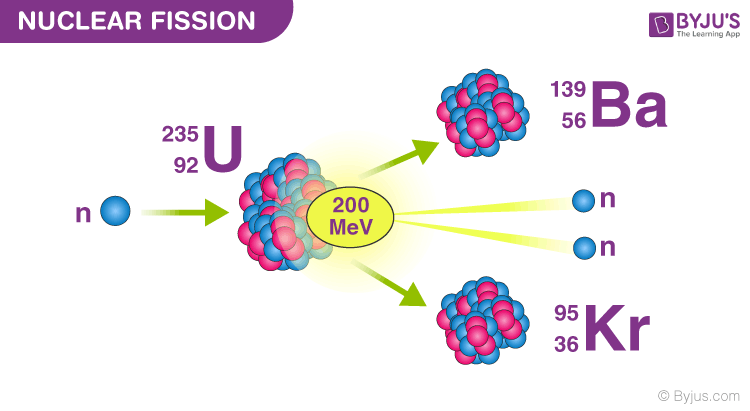
Difference Between Nuclear Fission And Nuclear Fusion Physics
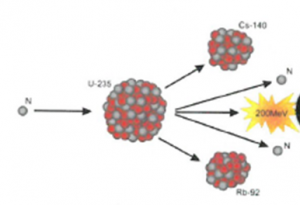
7 23 Explain The Difference Between Nuclear Fusion And Nuclear Fission Tutormyself Chemistry

What S The Difference Between Nuclear Fission And Fusion
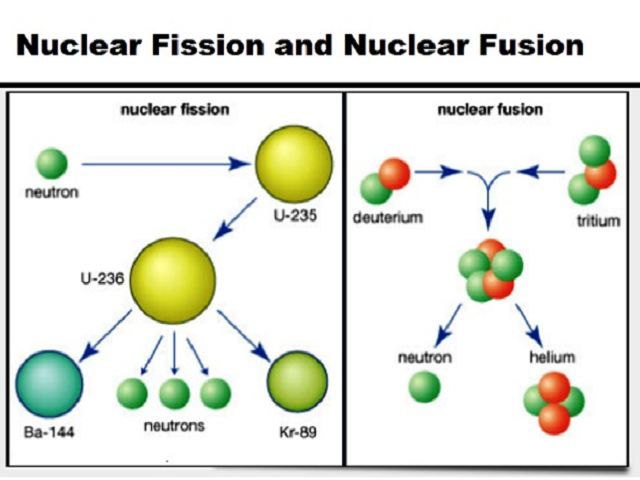
What Is The Difference Between Nuclear Fission And Nuclear Fusion

Difference Between Nuclear Fission And Nuclear Fusion Physics

Fission Vs Fusion What S The Difference Duke Energy Nuclear Information Center

Fission Vs Fusion What S The Difference Duke Energy Nuclear Information Center
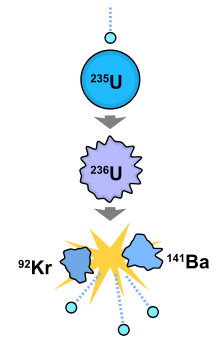
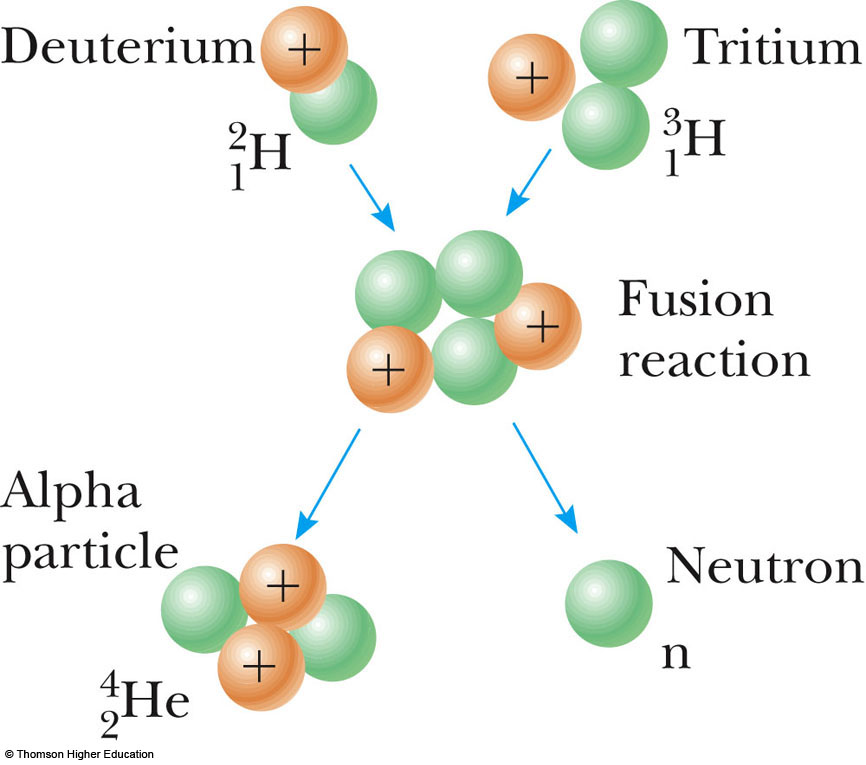

Comments
Post a Comment